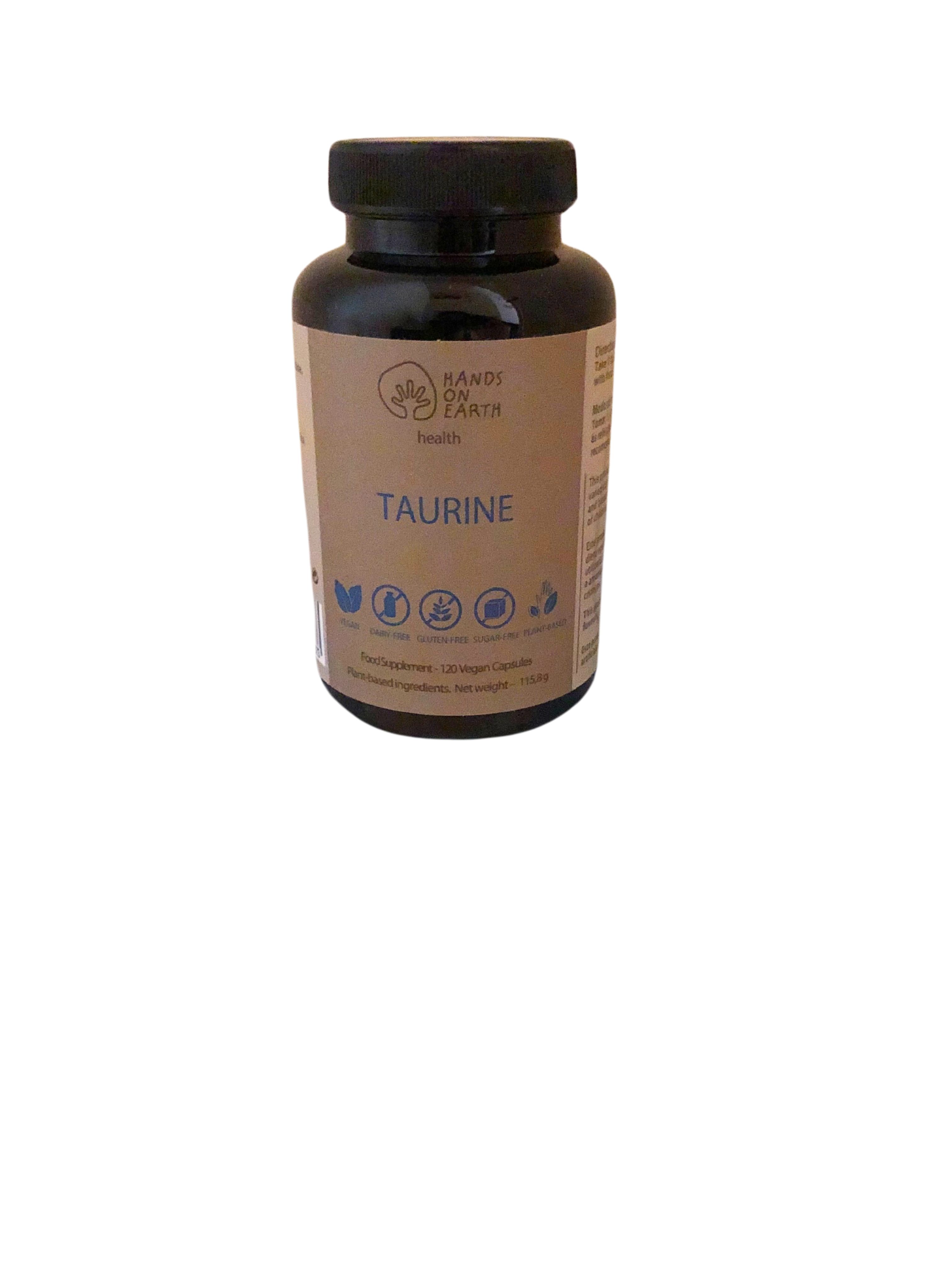1. What is Magnesium?
Magnesium is a vital mineral and an essential nutrient that the body needs for numerous physiological functions.
2. What are the main dietary sources of Magnesium?
Magnesium can be found in many foods, such as green leafy vegetables (spinach, kale), nuts and seeds (almonds, sunflower seeds), whole grains (brown rice, oats), legumes (black beans, chickpeas ) and some fruits (bananas, avocados). It is also available as a dietary supplement.
3. What are the health benefits of Magnesium?
Magnesium participates in more than 300 biochemical reactions, including those related to muscle and nerve function, regulation of blood pressure and maintenance of the immune system. Here are six key advantages of taking magnesium supplements:
- Improves bone health : Magnesium is crucial for bone formation, and adequate intake can help prevent osteoporosis.
- Improves heart health : Magnesium helps regulate heart rhythms and may reduce the risk of heart disease.
- Improves sleep quality : Magnesium can improve sleep by promoting relaxation and reducing stress.
- Relieves anxiety and depression : Magnesium supplementation can help lessen symptoms of anxiety and depression.
- Regulates blood sugar : Magnesium is involved in insulin secretion and glucose metabolism, potentially lowering the risk of type 2 diabetes.
- Relieves muscle cramps : Magnesium supplements can help reduce muscle cramps, especially in athletes and people with magnesium deficiency.
4. What are the most bioavailable types of magnesium supplementation?
The bioavailability of magnesium refers to the efficiency with which it is absorbed and used by the body. Some forms of magnesium are more bioavailable than others, meaning they are more easily absorbed. Here are some of the most bioavailable forms of magnesium:
- Magnesium citrate
- Magnesium bisglycinate
- Magnesium malate
- Magnesium threonate
- Magnesium chloride
- Magnesium orotate
While these forms are generally recognized for their high bioavailability, individual absorption can vary based on several factors, including each person's health status and specific needs. It is often recommended to consult a healthcare professional to determine the best form of magnesium for individual health concerns and conditions.
5. What is the recommended daily dose of Magnesium supplementation?
The recommended daily allowance (RDA) of magnesium varies depending on age, gender and stage of life. For most adults, it ranges from 310 to 420 milligrams per day. Magnesium is essential for maintaining overall health and well-being, and it is important to ensure adequate intake through diet or supplements for optimal body function.
6. Why is it so difficult to maintain adequate magnesium levels through diet alone?
Maintaining adequate magnesium levels through diet alone can be difficult for several reasons:
Soil Depletion : Modern agricultural practices have led to magnesium depletion in the soil, meaning that plants and consequently plant foods contain lower levels of magnesium than formerly.
Processing and Refining : Many foods undergo processing and refining, which can significantly reduce their magnesium content. For example, grain refining removes the magnesium-rich germ and bran.
Food Choices : Many people consume diets high in processed foods and low in magnesium-rich foods, such as green leafy vegetables, nuts, seeds, and whole grains.
Absorption Problems : Certain factors can affect the absorption of magnesium from foods, such as the presence of phytates and oxalates in some plant foods, which can bind to magnesium and reduce its bioavailability.
Increased Requirements : Certain conditions and lifestyle factors, such as stress, physical activity, and health conditions such as diabetes and gastrointestinal disorders, can increase the body's magnesium needs.
Medication Interference : Some medications, including diuretics, antibiotics and proton pump inhibitors (omeprazole, pantoprazole or lansoprazole), may interfere with magnesium absorption or increase its excretion.
Due to these factors, even individuals who consume a balanced diet may find it difficult to achieve optimal magnesium levels through food intake alone. This explains the importance of nutritional supplements to meet dietary needs.
7. What are the possible side effects of taking Magnesium supplements?
Magnesium supplements are generally safe but can cause side effects, especially in high doses. Common side effects include digestive issues such as diarrhea, nausea and cramps. High doses can also cause low blood pressure, electrolyte imbalances and, in rare cases, serious heart problems. People with kidney problems should be cautious as they may have difficulty excreting excess magnesium. Magnesium can also interact with medications, such as certain antibiotics and diuretics. To minimize risks, follow recommended dosages and consult a healthcare professional before starting supplementation.





Leave a comment
This site is protected by hCaptcha and the hCaptcha Privacy Policy and Terms of Service apply.